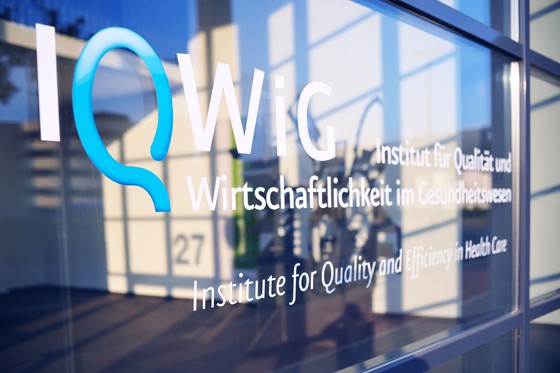
Bayer and Regeneron received a blow last week when Germany’s cost effectiveness watchdog turned down their eye disorder drug Eylea after ruling that it did not provide enough benefit compared to current treatments.
The German health technology assessment (HTA) body IQWiG released a statement on Friday claiming that, following an assessment of the benefits of Eylea (aflibercept), current data was unable to prove the drug was superior to Novartis’ Lucentis (ranibizumab) in the treatment of wet age-related macular degeneration (AMD).
IQWiG acknowledged that Bayer and Regeneron had provided data that compared the two treatments, but said this was not an appropriate comparison as Lucentis was not used as described in its recommendation in Europe.
Lucentis was approved by the European Medicines Agency (EMA) for wet AMD in 2007 to be administered once a month as an intravitreal injection. This indication was updated in 2011 to only recommend Lucentis until maximum vision is achieved and is stable for three consecutive months.
However, in the comparator trials to support the approval of Eylea, Lucentis was given as per its original recommendation and continued to be used by patients once they had achieved maximum vision.
This meant the data submitted by Regeneron and Bayer was not suitable and a positive recommendation could not be made, according to IQWiG.
Bayer has taken issue with IQWiG’s stance on the trial design, and a spokesperson for the German pharma company told PMLiVE: “The main reason for [IQWiG’s] conclusion of no additional benefit is the fact that the current label of Lucentis has never been studied in a clinical trial.
“It’s basically just a technicality that we cannot change and not a reflection on Eylea.”
The company will now respond to IQWiG’s recommendation ahead of the final decision from the Federal Joint Committee (G-BA), which is expected within the next three months.
Germany’s HTA process has come under fire from pharma firms in recent months, with several commenting that its tough approach to market access is leaving patients without innovative drugs.
These companies include Eisai, which said it was “appalled” at the decision to not recommend its Fycompa (perampanel) for epilepsy.
Boehringer Ingelheim, GSK, Almirall and Cell Therapeutics have all also faced negative decisions in the past year.




